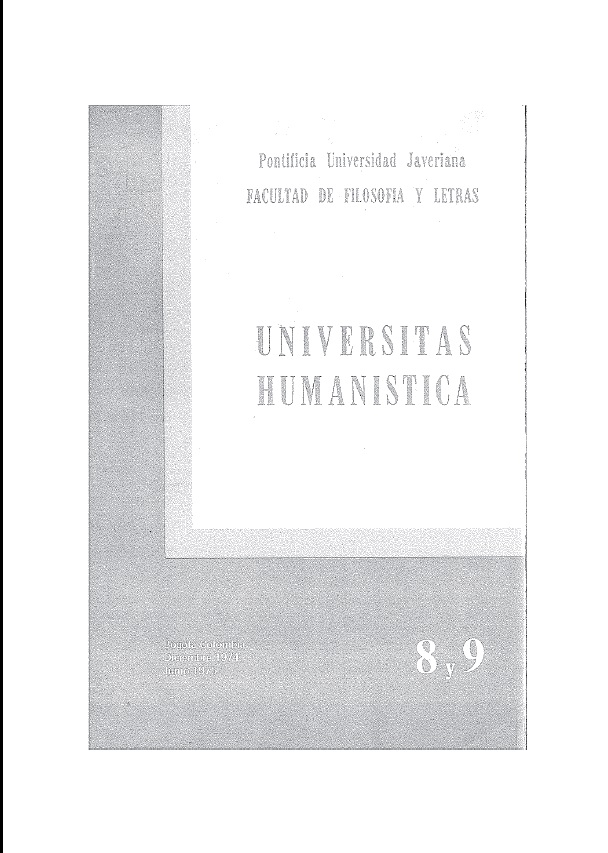Abstract
De constitución débil, enfermizo, pálido, vanidosamente elegante en
el vestir y en el andar, cuidadoso de la presentación personal, sensitivo en extremo, dominado por la melancolía, nace en una provincia, a unos doscientos kilómetros de la capital. De familia acomodada, desde la infancia le sigue de cerca el infortunio. Muy pronto pierde a su padre (1). A raíz de la guerra civil sus propiedades —donde muchos bueyes roturan los campos— (2) son confiscadas (3). De la opulencia es reducido a una relativa indigencia. El descontento general, las expropiaciones, el malestar provocan nueva insurrección que privan al poeta de amigos y familiares, asesinados por los bandoleros al intentar aquellos desertar de las filas legitimistas.
La pérdida del patrimonio, sin embargo, no impide que su madre le proporcione educación esmerada. Niño todavía abandona la provincia y es traído a la capital, donde se muestra con el tiempo virilmente garboso y libre (4). Sigue la carrera de la jurisprudencia que, en esos tiempos tumultuosos, es la única profesión de porvenir que hallan los jóvenes. Mas la afición real del bardo son las letras (5).

This journal provides immediate open access to its content on the principle that making research freely available to the public, encourages greater global exchange of knowledge.
The journal Universitas Humanística is registered under a Creative Commons Attribution 4.0 International Public License. Thus, this work may be reproduced, distributed, and publicly shared in digital format, as long as the names of the authors and Pontificia Universidad Javeriana are acknowledged. Others are allowed to quote, adapt, transform, auto-archive, republish, and create based on this material, for any purpose (even commercial ones), provided the authorship is duly acknowledged, a link to the original work is provided, and it is specified if changes have been made. Pontificia Universidad Javeriana does not hold the rights of published works and the authors are solely responsible for the contents of their works; they keep the moral, intellectual, privacy, and publicity rights.
Approving the intervention of the work (review, copy-editing, translation, layout) and the following outreach, are granted through an use license and not through an assignment of rights. This means the journal and Pontificia Universidad Javeriana cannot be held responsible for any ethical malpractice by the authors. As a consequence of the protection granted by the use license, the journal is not required to publish recantations or modify information already published, unless the errata stems from the editorial management process. Publishing contents in this journal does not generate royalties for contributors.


